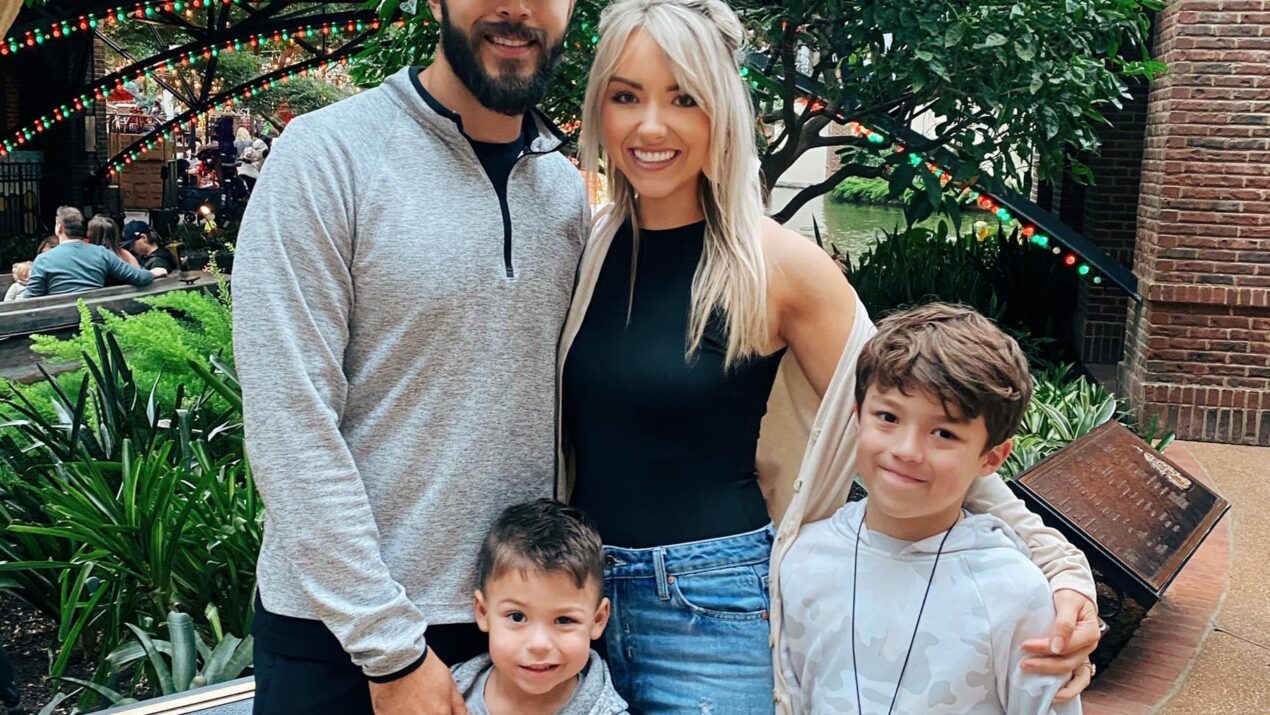As parents, we want the best for our children. We desire to see them grow into confident, compassionate, and resilient individuals who navigate life with grace and wisdom.
One crucial aspect of their development is learning about healthy boundaries. I wanted to write something where we can explore the importance of building a healthy foundation of boundaries from a biblical perspective and how to help our kids implement them in their friendships.
Let’s dig in!
-
Understanding the Biblical Foundation:
Before diving into practical tips, it’s essential to establish a biblical foundation for teaching boundaries to your children. The more Jesse and I teach our kids about scripture the more they will understand the depths of it as they grow older. The Scriptures provide us with wisdom and guidance in every area of life, including relationships. We can explore passages such as Proverbs 4:23, which reminds us to guard our hearts, and 1 Corinthians 10:23, which encourages discernment in our choices. By grounding the concept of boundaries in God’s Word, we help our children understand that boundaries are not merely human constructs but a vital part of God’s design for healthy relationships. He was the creator of Boundaries, and we see that from the very beginning of creation with Adam and Eve.
-
Start with Self-Worth and Identity:
A strong sense of self-worth is crucial when establishing healthy boundaries. We must teach our children that they are fearfully and wonderfully made by God (Psalm 139:14). Help them understand that their value comes from who they are in Christ, not others’ opinions or acceptance. This foundation of identity will empower them to set boundaries that honor their worth and protect their emotional, physical, and spiritual well-being.
-
Communicate the Purpose of Boundaries:
Children may not naturally grasp the concept of boundaries, so it’s essential to explain their purpose clearly. Discuss with your children that boundaries are like fences that protect our hearts and guide our interactions with others. Emphasize that boundaries are not about building walls or shutting others out but rather about establishing healthy limits to ensure mutual respect, trust, and personal growth. It’s the key to thriving relationships at every level!
-
Teach the Power of “No”:
Many children struggle with saying “no” out of fear of rejection or disappointing others. Encourage your children to understand that saying “no” when necessary is not selfish but a healthy practice of self-care. This doesn’t come naturally to me because I want to make the people I love happy. However, I am learning that saying no when needed keeps me from feeling bitter and resentful. Teach them to evaluate situations and assess whether something aligns with their values, beliefs, and personal boundaries. By equipping them with the courage to say “no” when needed, you empower them to prioritize their well-being and establish healthy relationships built on mutual respect.
-
Encourage Open Communication:
Effective communication is key to establishing and maintaining healthy boundaries. Teach your children the importance of expressing their feelings, needs, and concerns in a respectful manner. Encourage active listening and empathy, helping them understand that their friends also have their own boundaries. Foster an environment of open dialogue at home, where your children feel safe discussing their experiences and seeking guidance on navigating uncomfortable or hard situations.
-
Provide Practical Examples:
To help your children grasp the concept of boundaries, offer practical examples they can relate to. Role-play scenarios where they might encounter boundary challenges with friends, such as sharing personal belongings, respecting personal space, or dealing with peer pressure. Discuss potential responses and guide them on how to communicate their boundaries effectively, always emphasizing kindness, understanding, and seeking win-win solutions. We have found playing the situation out with the boys helped them understand and feel confident responding when those situations arose.
Friends, teaching your children about healthy boundaries is a gift that will equip them for a lifetime of healthy relationships. By providing a strong biblical foundation, nurturing their self-worth, and teaching them practical ways to establish boundaries with friends, you are guiding them toward a life of emotional well-being, authenticity, and God-honoring connections.
Remember to lead by example and walk alongside them as they navigate this essential aspect of their spiritual and personal growth. The BEST way they learn is by watching you, so keep praying and keep trying. You are doing great!



Leave a Reply